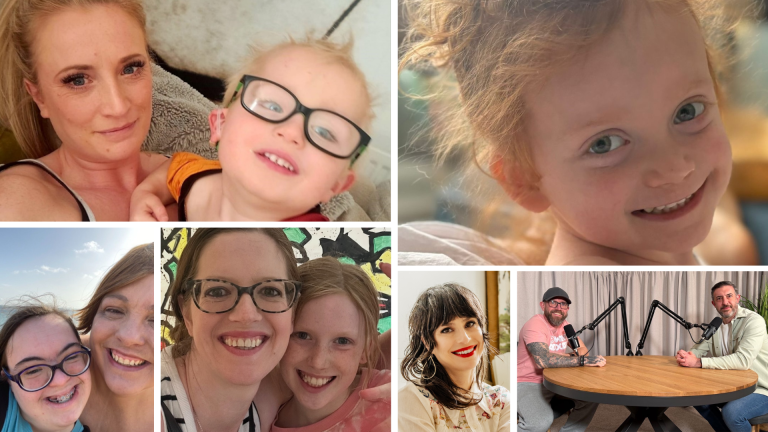Reforms to the disability benefits system are “entirely in the wrong direction” if the government wants to get people into work, a charity has warned.
The Department for Work and Pensions (DWP) has set out out a series of plans to eradicate a so-called “sick-note culture” and push benefit claimants with health conditions into employment.
This includes tightening access to extra universal credit and personal independence payment (PIP), and increased use of conditionality and sanctions to punish claimants deemed not to be looking for work.
- Sunak and the DWP are trying to push people back to work. We think there’s a better way
- DWP sparks outcry with plan to hire 2,500 ‘agents’ to investigate universal credit claimants
Ministers claim that this is a response to the benefits bill rising at an “unsustainable rate” and record numbers of people out of work due to long-term sickness.
Yet new research from anti-poverty charity Z2K has found that punitive tactics used against benefits claimants can have the adverse impact of pushing people further away from work, meaning they are more likely to face poverty and be reliant on welfare and public services in the long-term.
The charity polled people with experience of claiming universal credit while having a health condition or disability. One in three people (33%) said benefit sanctions had made it harder for them to look for work.









